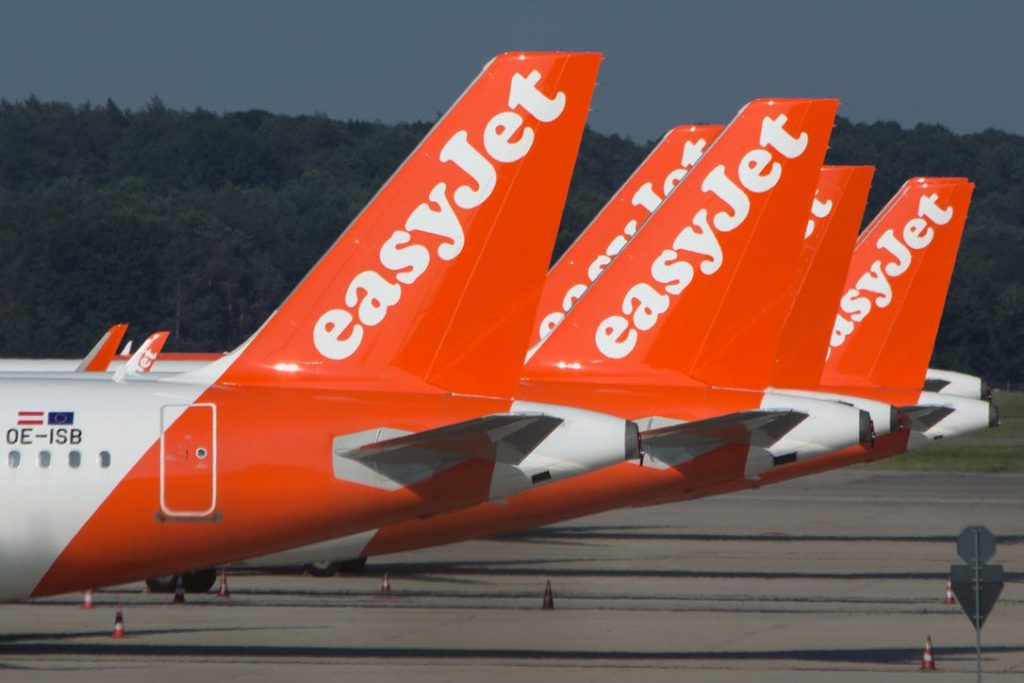- UK airline EasyJet is removing a row of seats from some planes so they can fly with less crew.
- This would mean three staff instead of four would be needed as crew members.
- The move comes as airlines struggle to recruit new staff to cope with the renewed demand for travel.
UK budget airline, EasyJet, will remove a row of seats from its planes so it can operate flights with fewer cabin crew it announced Monday.
The airline said it will remove the last row of seats on some of its Airbus A319 aircraft, limiting the number of passengers on board to 150.
By removing the seats, it means the aircraft will be able to operate with three cabin crew members instead of four. According to UK regulations, airlines must provide one cabin crew member for every 50 passengers on board an aircraft.
The announcement comes as the airline sector battles a staff shortage. After slashing employee numbers when travel plummeted during the pandemic, carriers are now struggling to recruit the staff needed to keep up with a rebound in demand for flights.
"This summer we will be operating our UK A319 fleet with a maximum of 150 passengers onboard and three crew in line with CAA regulations," an airline spokesperson told Insider. They added: "This is an effective way of operating our fleet while building additional resilience and flexibility into our operation this summer."
EasyJet, which canceled hundreds of flights in April citing COVID-related staff shortages, said it expected to be "back to near 2019 levels of flying." It flies around 300,000 passengers a day at the height of the summer season.
Other airlines have been forced to trim their flight schedules over the summer season as staff levels leave them struggling to meet demand. JetBlue sliced the number of its flights operating in May by between 8 % and 10%, while Alaska Airlines said it would cut its schedule by 2% until the end of June due to a pilot shortage, per CNBC.
Meanwhile, British Airways said it would reduce its flight schedule by 10% between March and October as a result of the labor squeeze, the Financial Times reported on Saturday.
